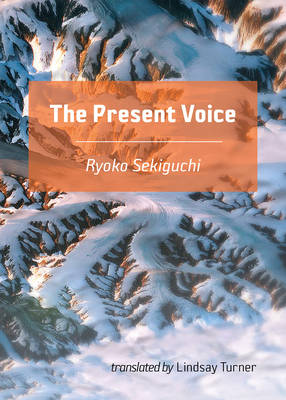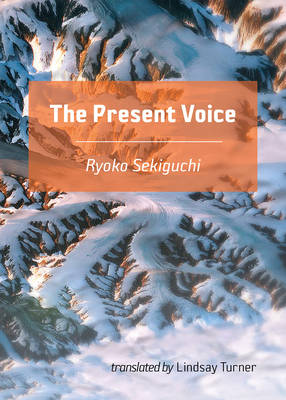
- Retrait gratuit dans votre magasin Club
- 7.000.000 titres dans notre catalogue
- Payer en toute sécurité
- Toujours un magasin près de chez vous
- Retrait gratuit dans votre magasin Club
- 7.000.0000 titres dans notre catalogue
- Payer en toute sécurité
- Toujours un magasin près de chez vous
Description
If the voice is present, it can also disappear. Ryoko Sekiguchi's The Present Voice (translated by Lindsay Turner) is a series of poetic meditations on the materiality of the voice. What, Sekiguchi asks, remains of the voice when the person it belongs to is no longer living? Sekiguchi's work extends into musings on the voice and its relationship to images, to odors, to all sensory experiences--and most poignantly, into a timely commentary on the body, media, mortality, loss, and time. Evoking thinkers and writers from Giles Deleuze to Edouard Glissant, Rene Char to Atiq Rahimi, The Present Voice gently and sensitively theorizes what the voice means to us today, at a moment of global displacement, exile, and "social distance," when so much of our communication occurs through the medium of the recorded voice.
Spécifications
Parties prenantes
- Auteur(s) :
- Traducteur(s):
- Editeur:
Contenu
- Nombre de pages :
- 80
- Langue:
- Anglais
Caractéristiques
- EAN:
- 9781734691115
- Date de parution :
- 15-08-21
- Format:
- Livre broché
- Format numérique:
- Trade paperback (VS)
- Dimensions :
- 132 mm x 180 mm
- Poids :
- 90 g

Les avis
Nous publions uniquement les avis qui respectent les conditions requises. Consultez nos conditions pour les avis.






